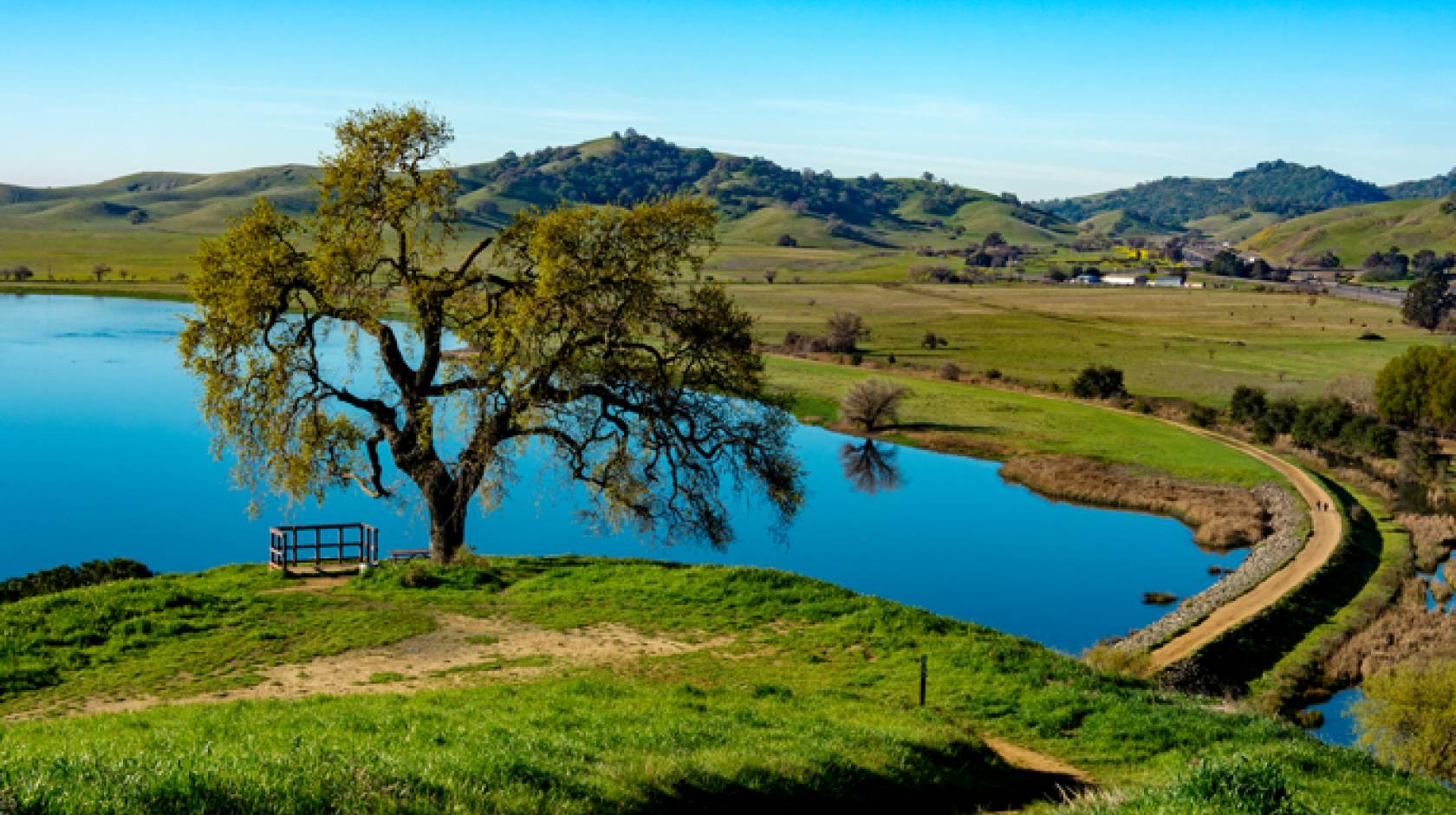Allison Arteaga Soergel, UC Santa Cruz

UC Santa Cruz graduate student Roxanna Villalobos recently won a national dissertation scholarship award from Sociologists for Women in Society that will support her research with Latina girls in rural California.

Credit: UC Santa Cruz
The Esther Ngan-ling Chow and Mareyjoyce Green Dissertation Scholarship will provide Villalobos with $18,000 in funding, which she plans to use as compensation for research participants and to help cover travel-related expenses. The award supports women and non-binary scholars from underrepresented groups whose work is in service of women of color.
Villalobos is pursuing a doctoral degree in sociology with a designated emphasis in Latin American and Latino studies. Her dissertation research will compile an ethnography inspired by her own experience of growing up in the Central Valley community of Parlier, California.
Villalobos is the proud daughter of a single mother who immigrated to the U.S. from El Salvador and spent more than 30 years working in the agricultural industry. The ethnography project will feature interviews with young participants from similar family backgrounds, in order to explore how rural spaces influence identity formation for Latina girls in rural California. Villalobos will also examine the relationship between spatial and social mobility, looking to explore how internal migration from rural to urban contexts shapes upward mobility for girls of color.
“I ultimately want to enhance the lives of these girls and the broader communities they come from because I saw how much inequality and disparity there was growing up,” Villalobos said. “I was often the exception in being able to go to a four-year university, or to be here today as a person in graduate school, so I'm interested in looking at who gets to leave these typically very poor rural communities and who stays.”
Villalobos says girls of color within the U.S. have a unique perspective on the challenges of rural environments, yet their stories often go untold. Rural regions in the U.S. are more often conceptualized in terms of Appalachia or the rural South, with a focus on white, conservative, working-class communities. But these portrayals miss how diverse and heterogeneous many rural spaces in the U.S. actually are. And while women and girls of color are frequently studied in rural settings in the Global South, there’s typically less focus on the issues they face domestically.
“The Central Valley is a region that produces billions of dollars of wealth through agricultural business, and yet the labor force is living in poverty,” Villalobos said. “Where are the stories of the girls of color who grew up in these spaces, and what can they tell us about what's going on in this country in terms of immigration and migration and the exploitation of the working class, particularly how that’s feminized and racialized?”
Documenting these stories will require building deep trust with girls in the Central Valley and utilizing research methods that position participants as collaborators. As part of this process, Villalobos is returning to the communities that shaped her own youth and observing daily life through a new critical lens. She says the experience has been a mix of both positive emotions and unsettling but important revelations.
“Looking at the places we call home in this way is a very personal and difficult task, because you have to come face-to-face with the things that shaped you, and oftentimes those things aren't always positive,” she said. “But there are both challenges and beauty in these places.”

